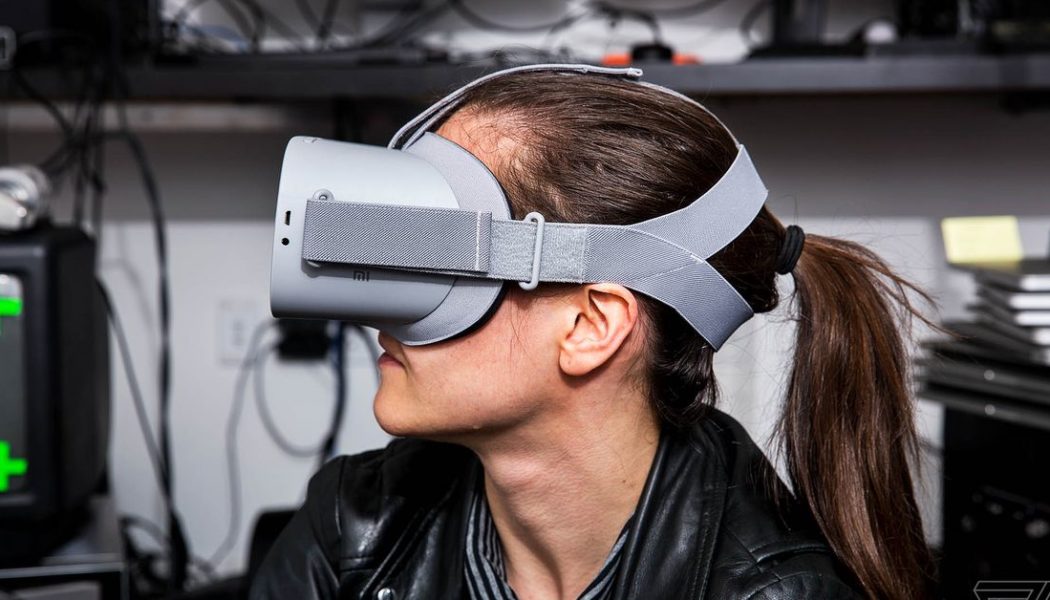
Facebook is unlocking the bootloader of its discontinued Oculus Go headset and giving users full root access. That means the headset will remain useful long after official support ends. The move was announced by Oculus’ consulting CTO John Carmack, who stepped down from his full-time role as CTO in 2019 to focus on his work as an independent AI researcher.
Root access will be achieved by sideloading a future software update, opening the door for anyone to modify and improve Oculus’ original standalone all-in-one VR headset. Facebook originally released the Oculus Go in 2018 before supplanting it with the Oculus Quest the following year. The Go was officially discontinued in 2020.
This opens up the ability to repurpose the hardware for more things today, and means that a randomly discovered shrink wrapped headset twenty years from now will be able to update to the final software version, long after over-the-air update servers have been shut down.
— John Carmack (@ID_AA_Carmack) September 24, 2021
“We are going to make available an unlocked OS build for the Oculus Go headset that can be side loaded to get full root access,” Carmack wrote on Twitter. “This opens up the ability to repurpose the hardware for more things today, and means that a randomly discovered shrink wrapped headset twenty years from now will be able to update to the final software version, long after over-the-air update servers have been shut down.”
Responding to questions from his followers, Carmack said that the initiative only covers the Oculus Go, but that he “hopes it sets a precedent” for other devices. The unlocked OS is likely to be made available via the Oculus website, Carmack says, but an official release plan has yet to be finalized. It will consist of the last Go update but with root access.
“I still heard a lot of arguments about what bad things could happen if users had full control of their obsolete devices, but I clearly favor user empowerment,” Carmack explained. The developer has long been a fan of opening his work on titles like Doom and Quake for hobbyist tinkering. Most notably, it was the release of Doom’s source code in the late ‘90s that has allowed the classic shooter to be hacked into dozens of unusual devices from ATMs to digital cameras. This open-sourcing tradition continued up until the Doom 3 engine, whose source code was released in 2011.
It’s worth noting that Carmack previously said Oculus intended to offer support for USB storage on the Oculus Go with a forthcoming update that never materialized, as reported by UploadVR. Prior to the headset’s release, the developer said support would arrive “relatively soon,” but a year later was forced to concede that a “hardware problem” prevented the feature’s arrival.









